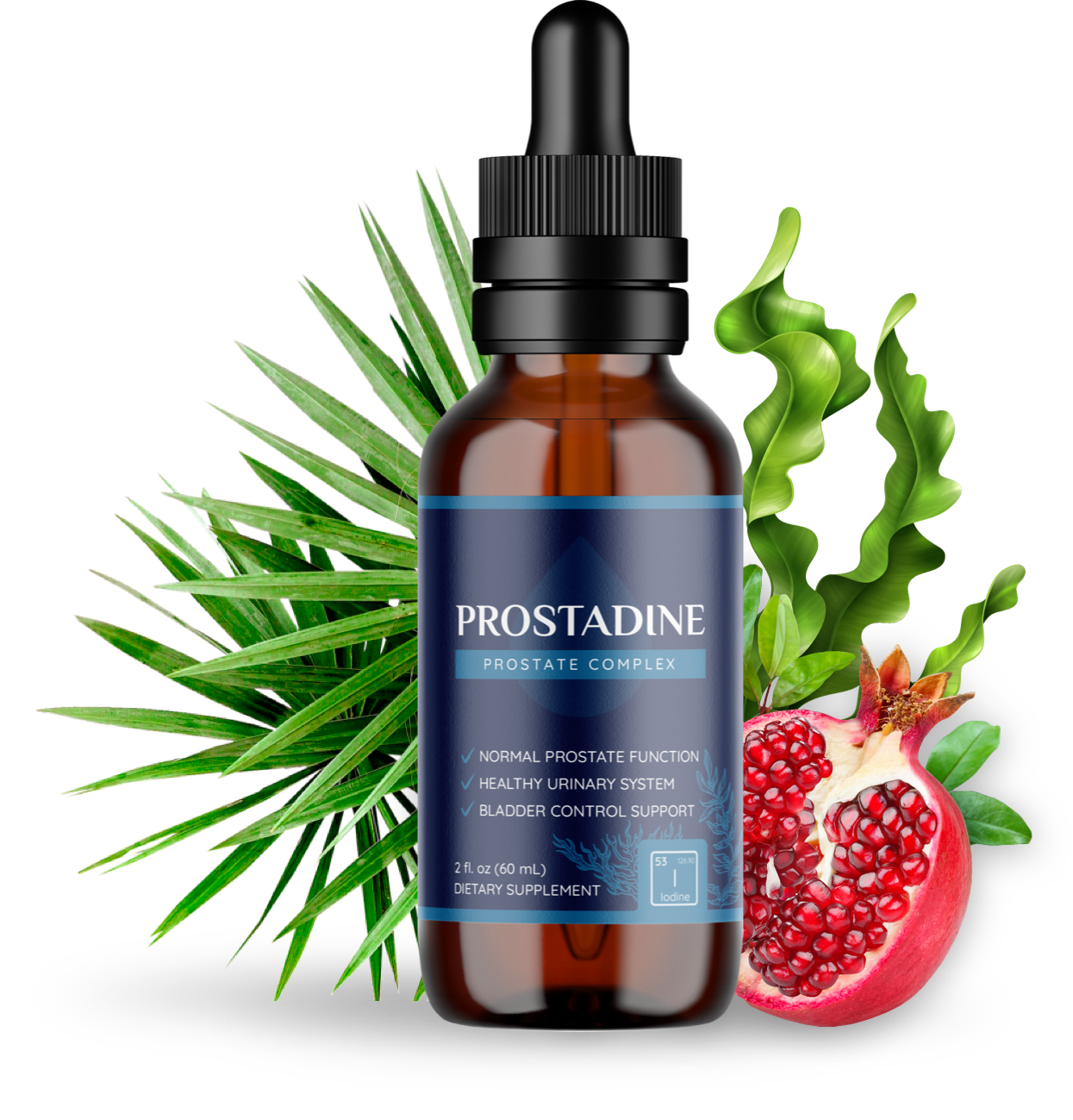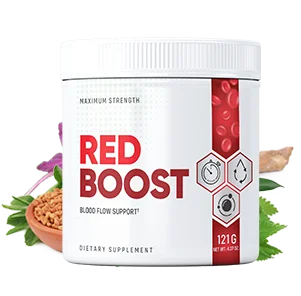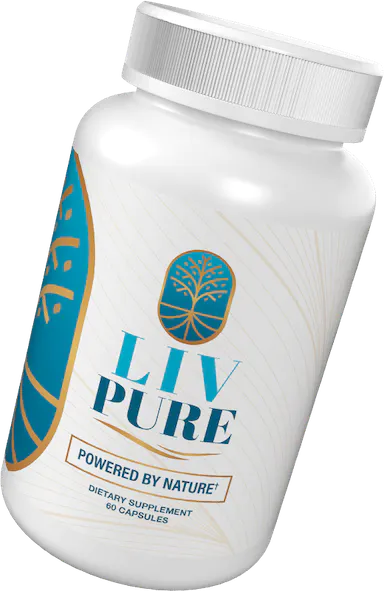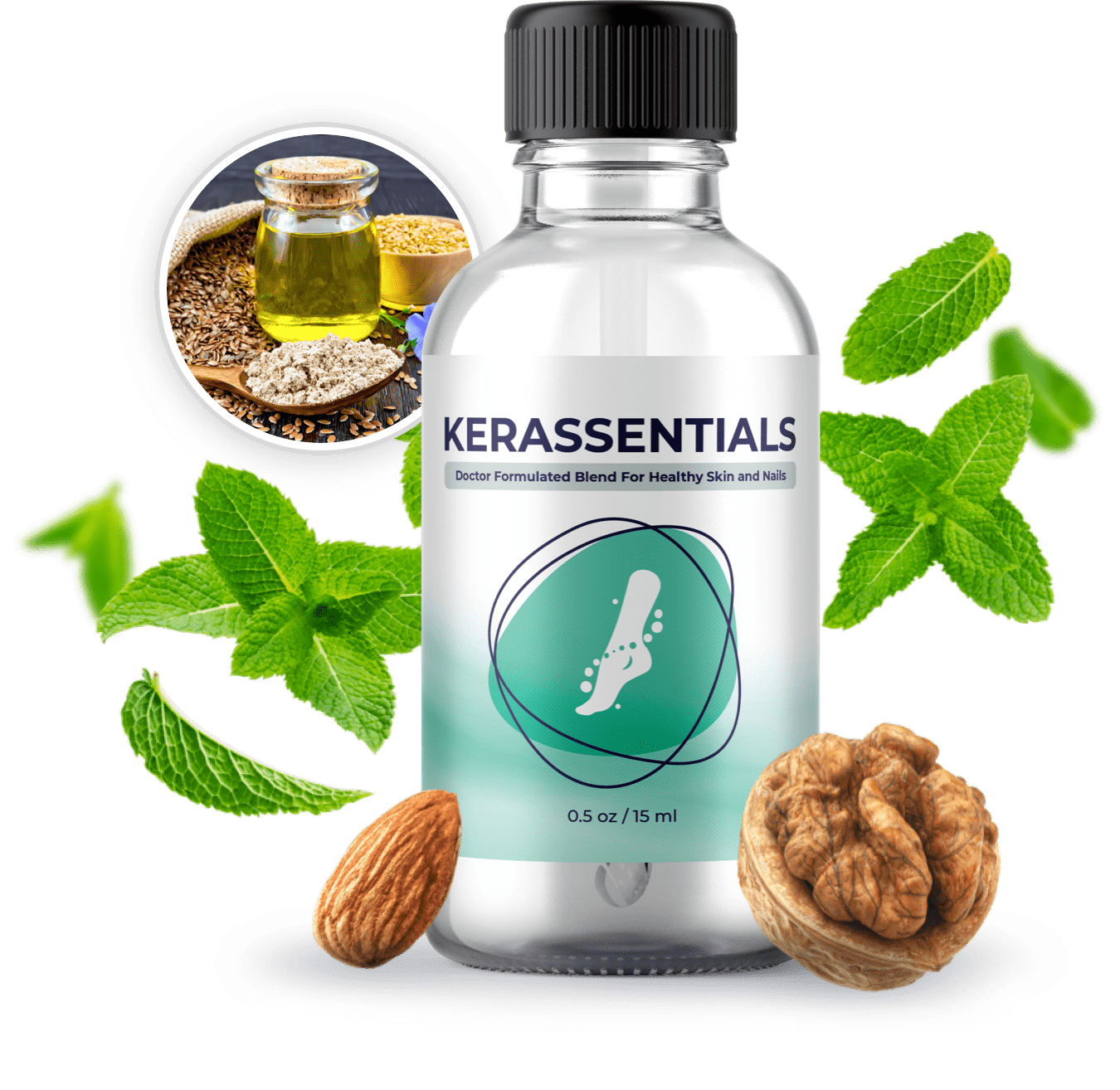With so many sugar alternatives, it’s easy to get confused. Find out what sugar alternative is right for your taste preferences and goals.
The post What Sugar Alternative is Right for Me? appeared first on MyFitnessPal Blog.
You’ve probably heard it a thousand times: too much sugar isn’t great for your health. If you’ve ever taken a look at the ingredients lists on some of the popular low-calorie and low-sugar products out there, you know that many rely on sugar substitutes. But what exactly are these alternatives? Where do they come from, and are they really a better choice than sugar?
How Much Sugar Should I Eat Per Day?
All carbohydrates are made up of small building blocks called monosaccharides or simple sugars, including glucose, fructose, and galactose (1). Starches and fibers are made up of many simple sugars that bond together. Therefore, all carbohydrates (including sugar) that you consume are eventually broken down into these three simple sugars and then used for energy (1).
Simply put, sugar is everywhere, and it’s necessary to fuel your body.
Natural sugar is found in all sorts of whole foods and it’s generally nothing to worry about. But the sugar you may want to watch for is added sugar. The U.S. Dietary Guidelines recommend Americans to limit added sugars as much as possible, ideally less than 50 grams per day (2). There are no guidelines on how much total sugar is recommended, since sugar naturally occurs in fruits, vegetables, and dairy products.
You might also like
Can Sugar Ever Be Good for Me?
When you eat the natural sugar in whole foods such as bananas, apples, blueberries, carrots, tomatoes, sweet potatoes, you’re getting a variety of nutrients. These whole foods provide essential:
- Carbohydrates
- Vitamins
- Minerals
- Fiber
Natural sugars not only give you energy, but the whole foods that you consume them through have additional nutritional benefits.
If you’re an athlete, simple carbs with naturally occurring or even added sugars can actually work in your favor. Research shows they can give you a boost in energy and help improve performance. (3).
About the Expert
Stephanie Saletta, MS, RD, is a dietitian and is MyFitnessPal’s in-house nutrition expert and nutrition scientist. Passionate for promoting healthy lifestyles, Stephanie graduated from San Diego State University with a focus on research and disease prevention.
Cons of Excess Added Sugar
Consuming too much added sugar is associated with increased risk of:
- Insulin resistance (4)
- Type 2 diabetes (4)
- Weight gain (
Recommended Story For You :
 health-fitness
health-fitnessThe alpine secret for healthy weight loss
 health-fitness
health-fitnessThe Most Potent Fast-Acting Formula For Incinerating Stubborn Fat
 health-fitness
health-fitnessReal Cortexi Users Real Life‑Changing Results
 health-fitness
health-fitnessThis Cold Drink Might Trigger Your Prostate
 health-fitness
health-fitnessRed Boost is a powerful new formula for boosting male sexual health.
 health-fitness
health-fitnessEverything you eat or drink eventually reaches your liver for processing.
 health-fitness
health-fitnessBrand New Probiotics Specially Designed For The Health Of Your Teeth And Gums
 health-fitness
health-fitnessEmpowering You to Take Control of Your Blood Sugar Health!
 health-fitness
health-fitnessScientists Finally Discover the Root Cause of Belly Fat and Unexplained Weight Gain
 health-fitness
health-fitnessOils Fight Fungus Resistance And Support Healthy Nails And Skin